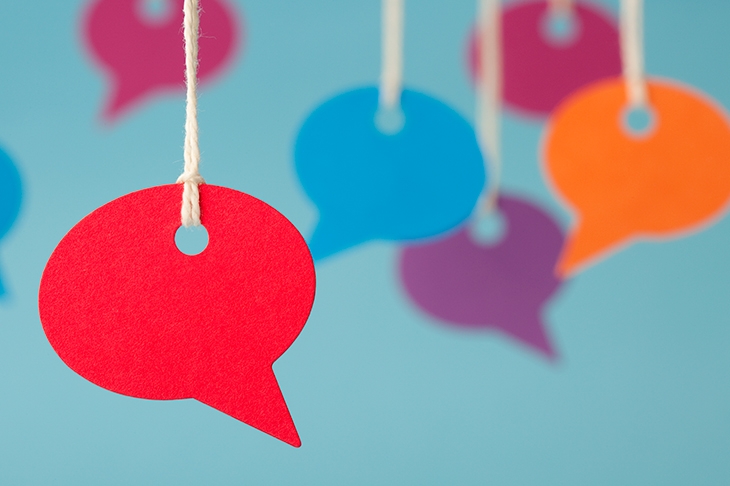In the First Act of Othello, just as things are getting interesting, the audience hears someone calling from offstage: ‘What ho, what ho, what ho!’ It is not Bertie Wooster but a sailor with news about the Turks (or Ottomites, as they are sometimes referred to).
Yet Bertie made ‘what ho’ his own. In Jeeves and the Unbidden Guest, Lord Pershore, known as Motty, has been billetted on Bertie, who goes to see how he is the morning, after returning spifflicated from a night out. He is sitting up in bed.
‘What ho!’ I said.‘What ho!’ said Motty.‘What ho! What ho!’‘What ho! What ho! What ho!After that it seemed rather difficult to go on with the conversation.
In ‘Sir Roderick Comes to Lunch’, Bertie, accidentally engaged to Honoria Glossop, has to convince the girl’s father, Sir Roderick, a ‘nerve specialist’, that he is not, as suspected, mad or idiotic. When Sir Roderick arrives for lunch, all Bertie can think to say is: ‘What ho! What ho! What ho!’ despite ‘a sudden feeling that that was just the sort of thing I had been warned not to say’.
Now Wodehouse had a good knowledge of Shakespeare, and must have been struck by the sailor in Othello. I suspect that the theatrical antiquarianism of the phrase appealed. I am not saying that no one said what ho outside the world of Jeeves. In 1899, the music-hall song ‘What ho! She bumps!’, with words by Harry Castling, was a hit. In Ulysses, the ‘hoarse Virago’ quotes the title.
It’s strange that ‘What ho’ marked Bertie as a loony, but ‘What, what’ was used by Alan Bennett in The Madness of George III to indicate that the king was returning to his right mind and falling into his habitual mannerism.







Comments
Join the debate for just £1 a month
Be part of the conversation with other Spectator readers by getting your first three months for £3.
UNLOCK ACCESS Just £1 a monthAlready a subscriber? Log in